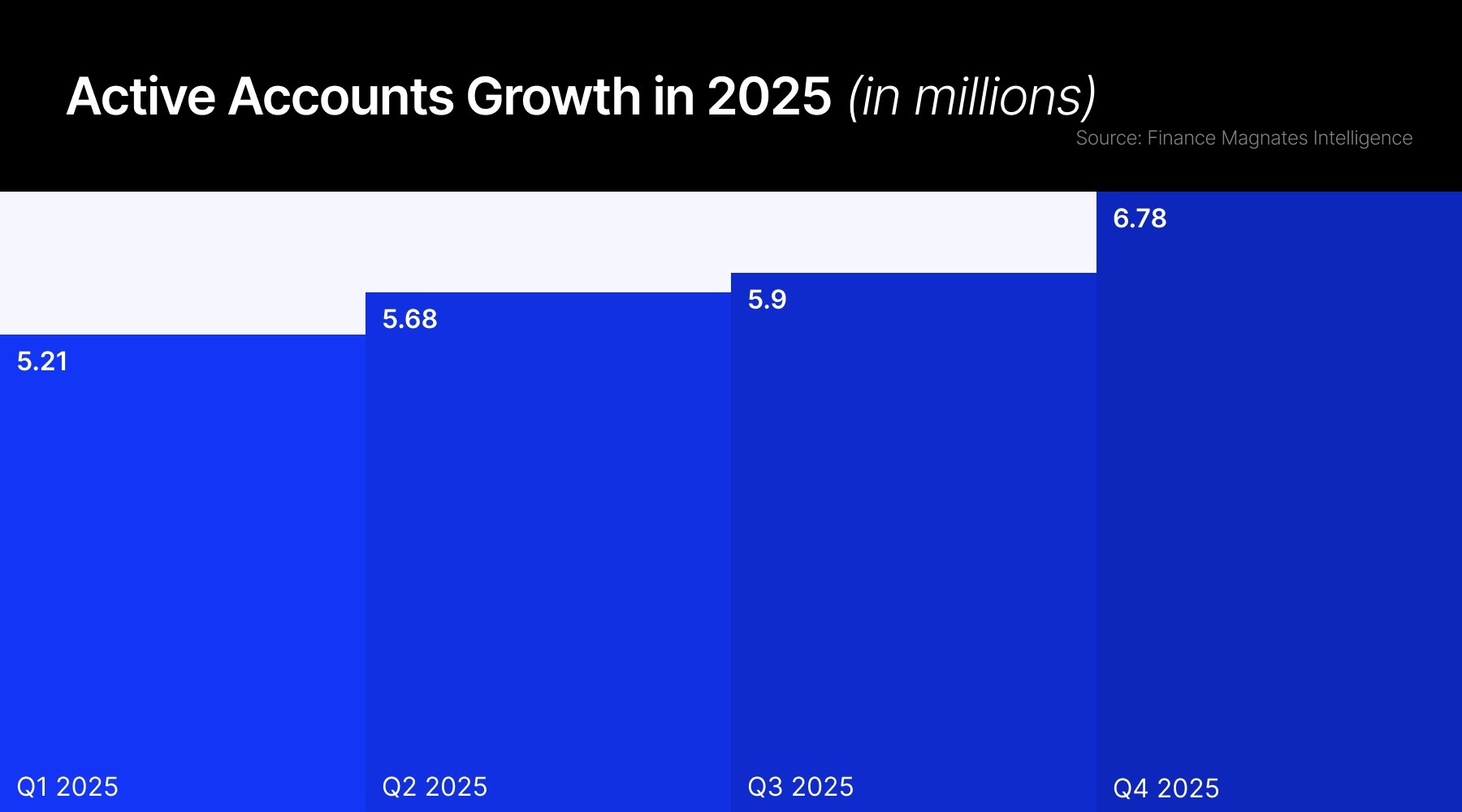Revolut wants Meta to compensate users who fall victim to scams on its social media platforms, CNBC reported. The fintech giant’s demands followed Meta’s recent launch of a data-sharing partnership with UK banks. Revolut believes this move is insufficient to effectively address global fraud issues.
Revolut Demands More Than Data Sharing
Meta recently announced a partnership with UK banks NatWest and Metro Bank to reduce fraud by sharing data that may help prevent customers from falling prey to scams.
However, Revolut finds this approach inadequate. The fintech firm believes that, while collaboration is vital, the social media giant and others like it need to take a more proactive role in supporting fraud victims. New UK payment industry regulations will reportedly come into effect this month. They will require banks and payment providers to compensate victims of authorized push payment fraud.
Initially, the Payments System Regulator suggested a higher compensation limit. However, the amount was scaled back following concerns raised by banks and payment firms. Revolut reportedly supports these measures but insists that the burden should not fall solely on financial institutions. Social media platforms, where many scams originate, need to share the responsibility.
Revolut's demands echo a broader sentiment among financial institutions that tech companies must bear greater responsibility for fraud occurring through their platforms.
Meta’s recent partnership with UK banks is a step in the right direction. Nevertheless, Revolut said that more substantial measures are required, to ensure accountability and protect consumers more effectively against the growing threat of online fraud.
Social Media
Last month, the Cyprus Securities and Exchange Commission (CySEC) noticed the risks of social media scams. The regulator launched a new social media campaign to warn investors to avoid the pitfalls in online investment activities. The initiative was launched in response to the heightened number of online scams.
CySEC flagged several fraudulent websites claiming affiliation with the commission. In the campaign, which intends to protect investors from falling victim to social media scams, CySEC urged investors to protect their personal information. Similar warnings were issued by Germany’s financial regulator, BaFin, citing a growing trend where younger investors are turning to social media.
In May, BaFin conducted a survey involving 1,000 consumers who had invested in the past two years. The study showed that more than half of the Millennials and Gen Z responders consider social media a good alternative to traditional financial advice.


















